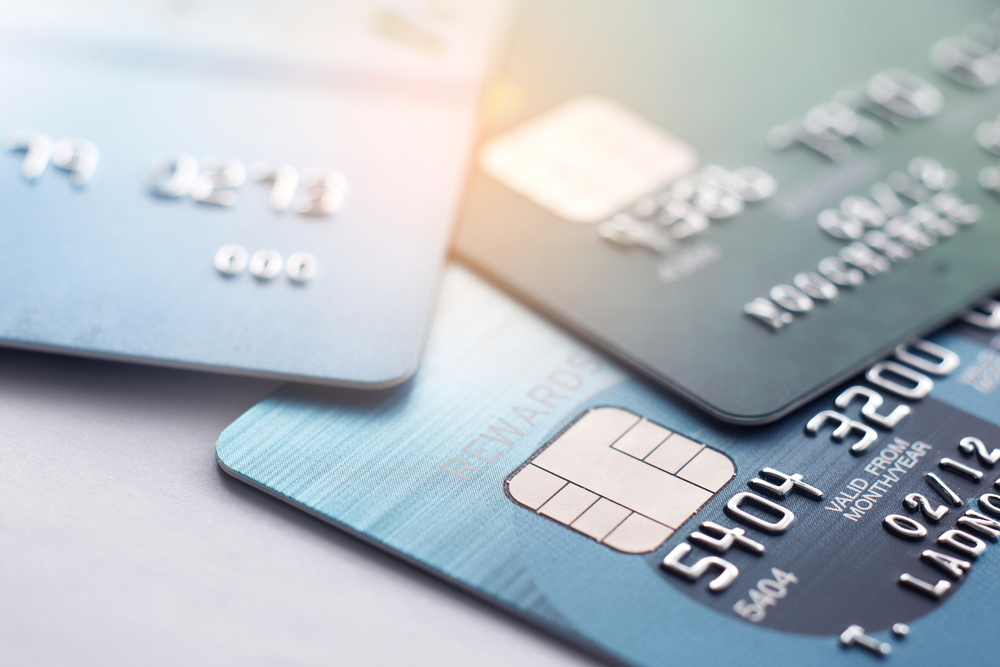Credit cards are handy but if not used wisely can create horrible damage. It can be tempting to apply for a credit card especially with their special offers but it’s best to think it over many times before deciding. If it’s your first time to apply for a credit card, it’s best to consider starter credit cards and build good credit with these.
Choosing the appropriate credit card for you will ensure that you find one you can manage well. Check out the following tips to help you choose a credit card.
- Reflect on Your Spending
Before choosing the best credit card for you, it’s imperative to reflect on how you plan to use it. Consider how often you’d use the card like if you plan to carry it with you always to pay everything or you intend to use it in emergencies. You also need to determine if you can likely pay your balance on time each month. Here are some things to keep in mind.
- Find a card that offers zero annual fees with a longer grace period to avoid finance charges.
- If you plan to use the care only for emergencies, find one with the lowest fees and interest rate.
- If you’ll use the card for everything, find something with sufficient credit limit. It’s also best if you can find a credit card that offers an excellent rewards program.
- If you can pay your balance in full each month before the due date, you don’t have to worry about interest rates.
- If you’re unsure if you can pay your monthly balance each time, find something that offers low introductory rates and low-interest rates.
- Compare Interest Rates
The card’s APR or annual percentage rate is the portion applied to your balance carried over past the card’s grace period. Credit cards come with different APR for cash advances, balance transfers, and purchases. Knowing the APR for the card is therefore essential. The greater the card’s APR, the greater finance charges are incurred to your balance, which translates to higher spending.
- Consider Credit Limit
The card’s credit limit directly affects up to how much you can spend using the card. It is the amount that the bank or financial institution that issued the card is willing to lend you. Your credit limit depends on your credit history and can range from several hundred to tens of thousands of dollars.
One thing to remember is to avoid reaching your credit limit as it can negatively affect your credit score and bury you in debt which can be difficult to repay. If it’s your first card, it’s highly suggested to start with a low credit limit. This will help you learn how to become a responsible credit card holder.
- Check Out the Penalties and Fees
There are many ways credit card issuers can make money from card users in the form of fees and penalties. It’s crucial to learn about the charges that are made for common transactions such as cash advances, balance transfers, and other transactions. It’s also important to know the penalty charges if you don’t pay your balance on time or when you exceed your credit limit.
Find something that charges reasonable fees. Find a card that doesn’t charge for balance transfers or one with zero interest rates for at least a year. Find one that doesn’t charge anything for their reward programs.
Before you agree to get a credit card, ensure that you understand the terms and conditions. Be way with issuers who charge unreasonably high late fees and other charges even if they come with other attractive features.
- Find Out About Rewards
If you don’t intend to pay beyond the due date, check out the rewards that the credit card offers for good payers. It’s best to find a card issuer that offers cashback, which means that a certain percentage of your purchase is returned to you. Others offer travel rewards, which can also be a good option. It works by giving you points each time you use the card or when you pay your balance on time. You can then use these points for your next travel vacation.
Just be sure that you find rewards that can be easily earned and converted. Also, be careful about restrictions of these rewards programs as some of them come with expiry and limit.
Final Thoughts
Today, it’s not uncommon to receive credit card offers from various credit card companies. Many of these may have reasonable offers with competitive rates. However, before jumping in to get a credit card, it’s a good idea to consider some things first. Learning about how you’ll use the card wisely and knowing about its interest rates, credit limits, penalties and charges, and rewards can help you choose the best card for you and help create a good credit score.


